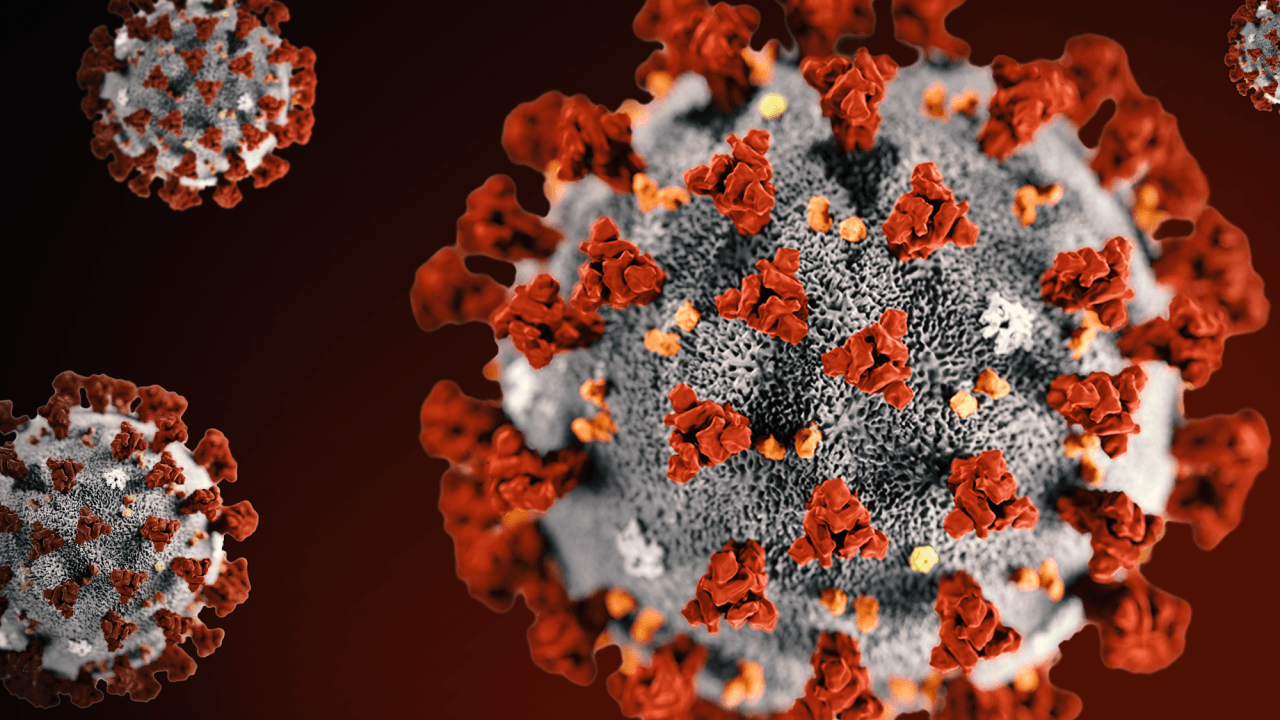
What You Should Know:
– To help overcome the challenges of high-risk pregnancies, Boston Medical Center announced a partnership with Rimidi, a cloud-based software platform, to enable physicians to remotely collect and analyze patient-generated data to better treat patients remotely.
– Throughout the COVID-19 pandemic and beyond, the adoption of Rimidi’s platform will ease fears and provide an extra layer of medical support by leveraging remote monitoring capabilities.
Boston Medical Center announced a partnership with Rimidi, a cloud-based software platform, to enable physicians to remotely collect and analyze patient-generated data to better treat patients remotely. Healthcare experts in the Department of Obstetrics and Gynecology at BMC, including recent medical school graduates, will be the first to use Rimidi’s platform, which has been integrated into the academic medical center’s electronic health record, Epic. Throughout the COVID-19 pandemic and beyond, the adoption of Rimidi’s platform will ease fears and provide an extra layer of medical support by leveraging remote monitoring capabilities.
According to the latest numbers from the CDC, there were 3,788,235 births in the U.S. in 2018. Of that, 6 – 8% are, on average, considered high-risk pregnancies and require frequent visits to their physician for monitoring and treatment. However, unlike the national average, out of Boston Medical Center’s patients, about 30% of delivering patients have some sort of hypertensive complication of pregnancy, including chronic hypertension (long-standing) gestational hypertension or preeclampsia.
Partnership Details
To help overcome the challenges of high-risk pregnancies, The team at BMC will use Rimidi’s cardiovascular disease platform view, which combines relevant EHR data, with patient-generated blood pressure data from a cellular-connected blood pressure cuff. This allows physicians to manage better outcomes based on actionable, real-time information. According to Christina Yarrington, who is also an assistant professor of obstetrics and gynecology at Boston University School of Medicine, the remote monitoring program will start with a cohort of approximately 60 patients.
“Women who have gestational hypertension or preeclampsia are considered ‘high-risk’ during and after pregnancies, and can benefit from close monitoring,” said Christina Yarrington, MD, FACOG, obstetrics and gynecology physician and director of labor and delivery at Boston Medical Center. “In the midst of the COVID-19 pandemic, adding the capability to remotely monitor blood pressure in these patients is especially pressing, as we are trying to limit their exposure to healthcare settings.”
